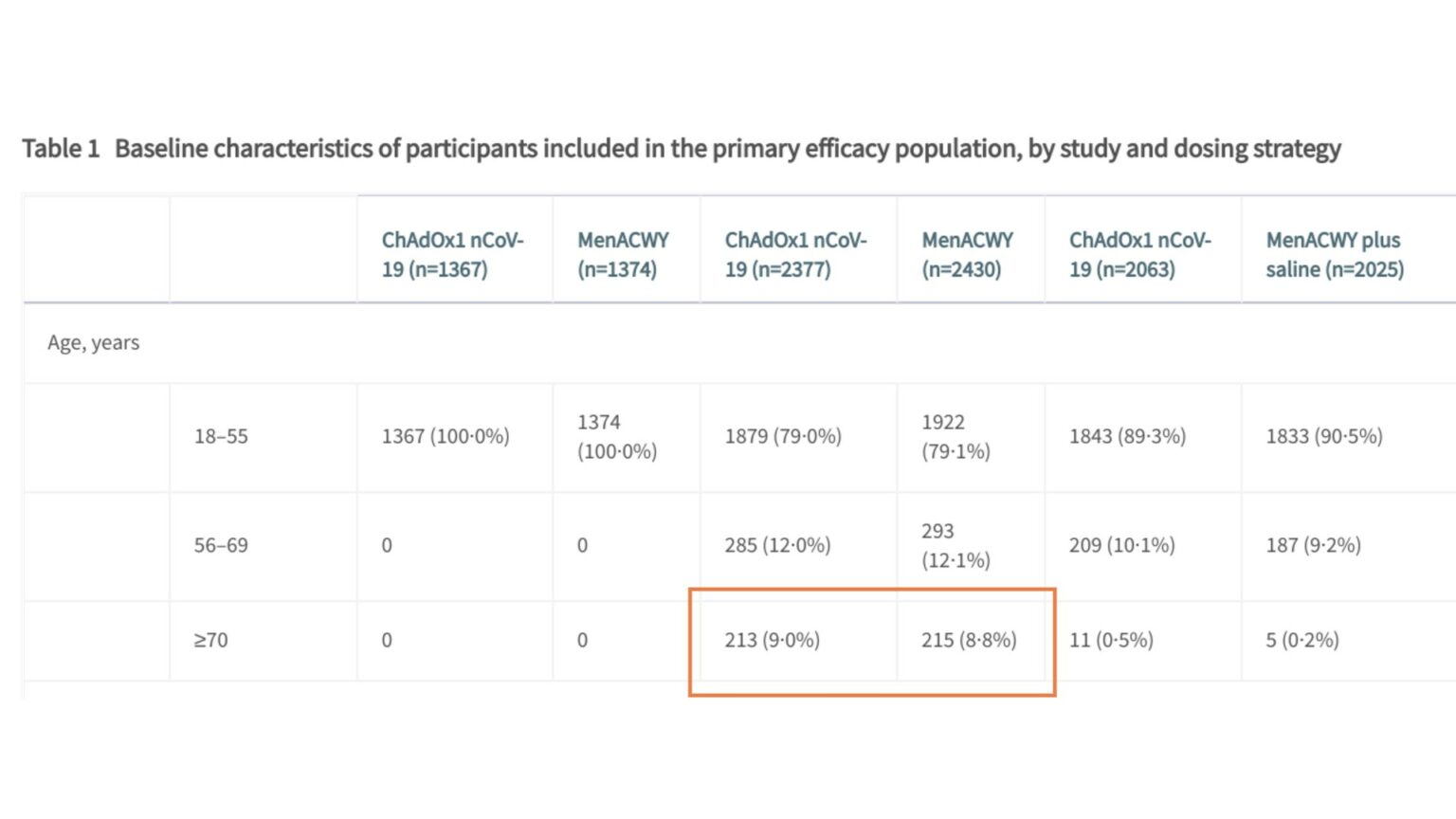Christophe wrote:It's boring in the long run ... and it's the German government, not 2 newspapers ... it's not exactly the same (except that the communication is not official ...)German newspapers claim that the British firm's vaccine is only 8% effective in people over 65, AstraZeneca denies.
(...)
Berlin questions the performance of the product for this age group. "The articles according to which the effectiveness of the AstraZeneca / Oxford vaccine is only 8% in adults over 65 are completely false," said a spokesperson for AstraZeneca in a statement sent to Agence France -Hurry.
The Bild Zeitung and the Handelsblatt business daily claimed on Monday evening that theGerman government doubted the effectiveness of AstraZeneca's Covid-19 vaccine, developed with the University of Oxford, on people over 65. According to Handelsblatt, who refers to government sources, Berlin expects an efficiency of 8% for this age group.
(...)
It's a bit "big" for info. Did you crosscheck the sources?



